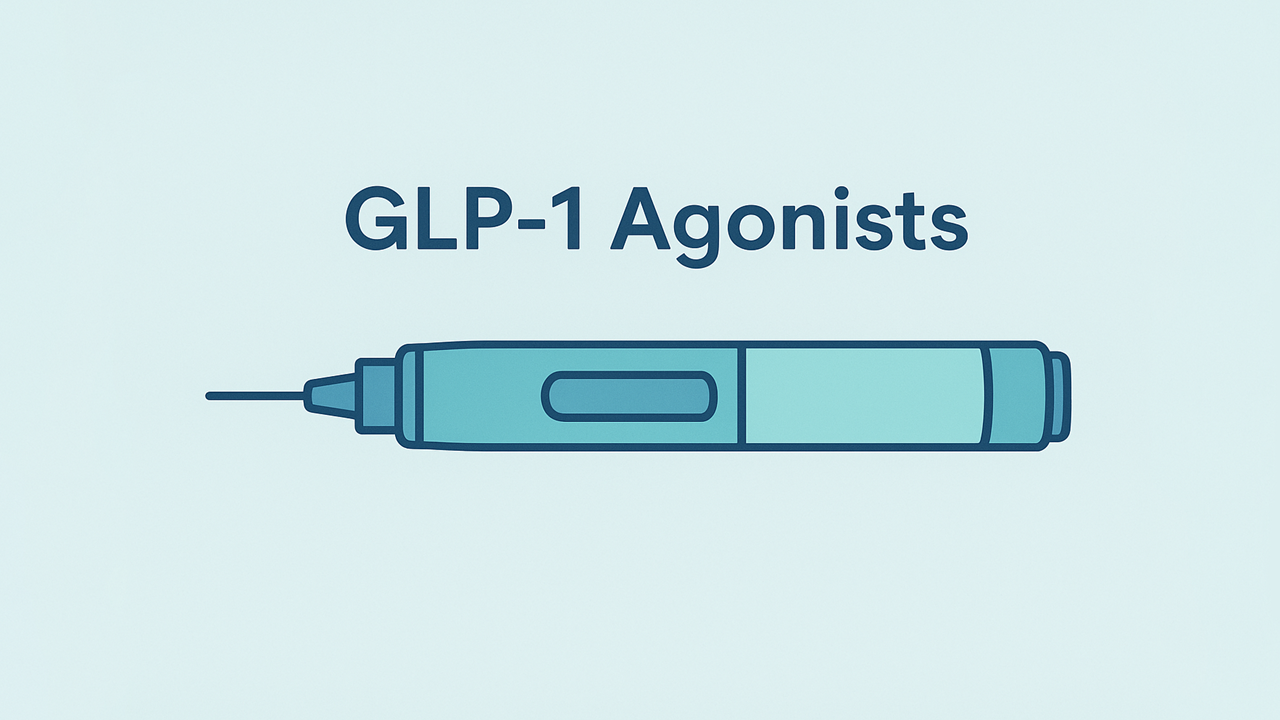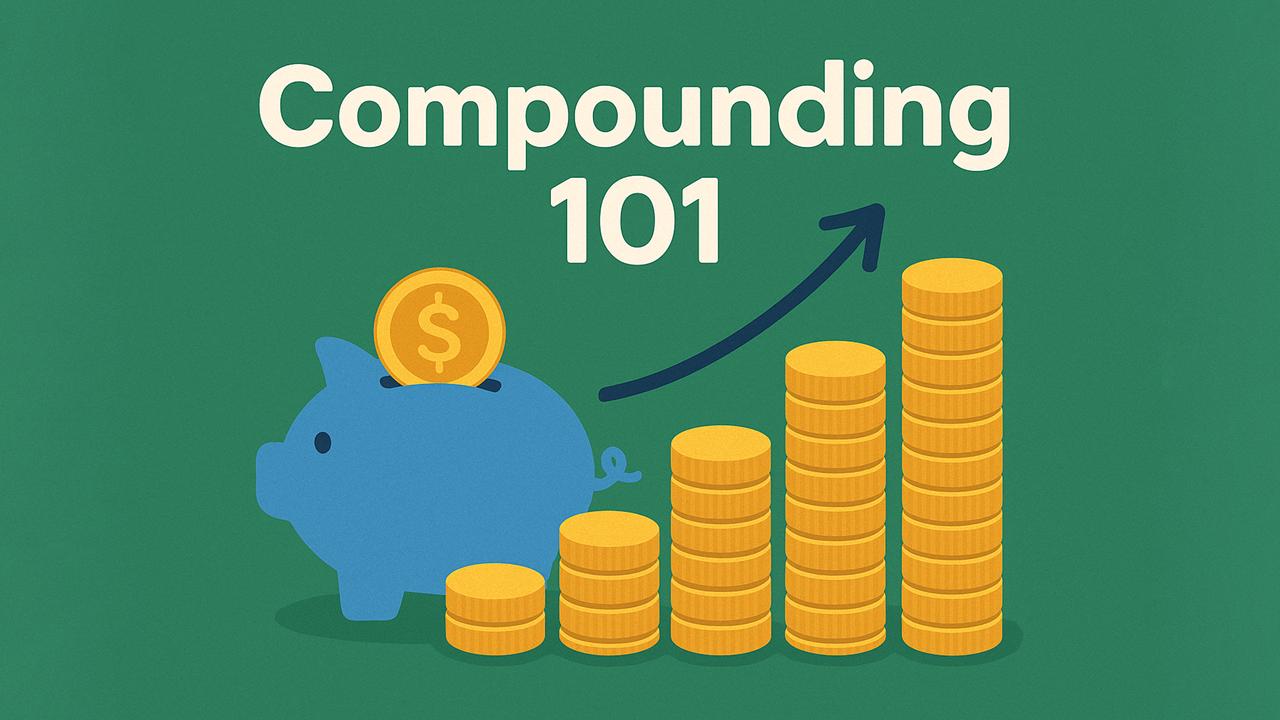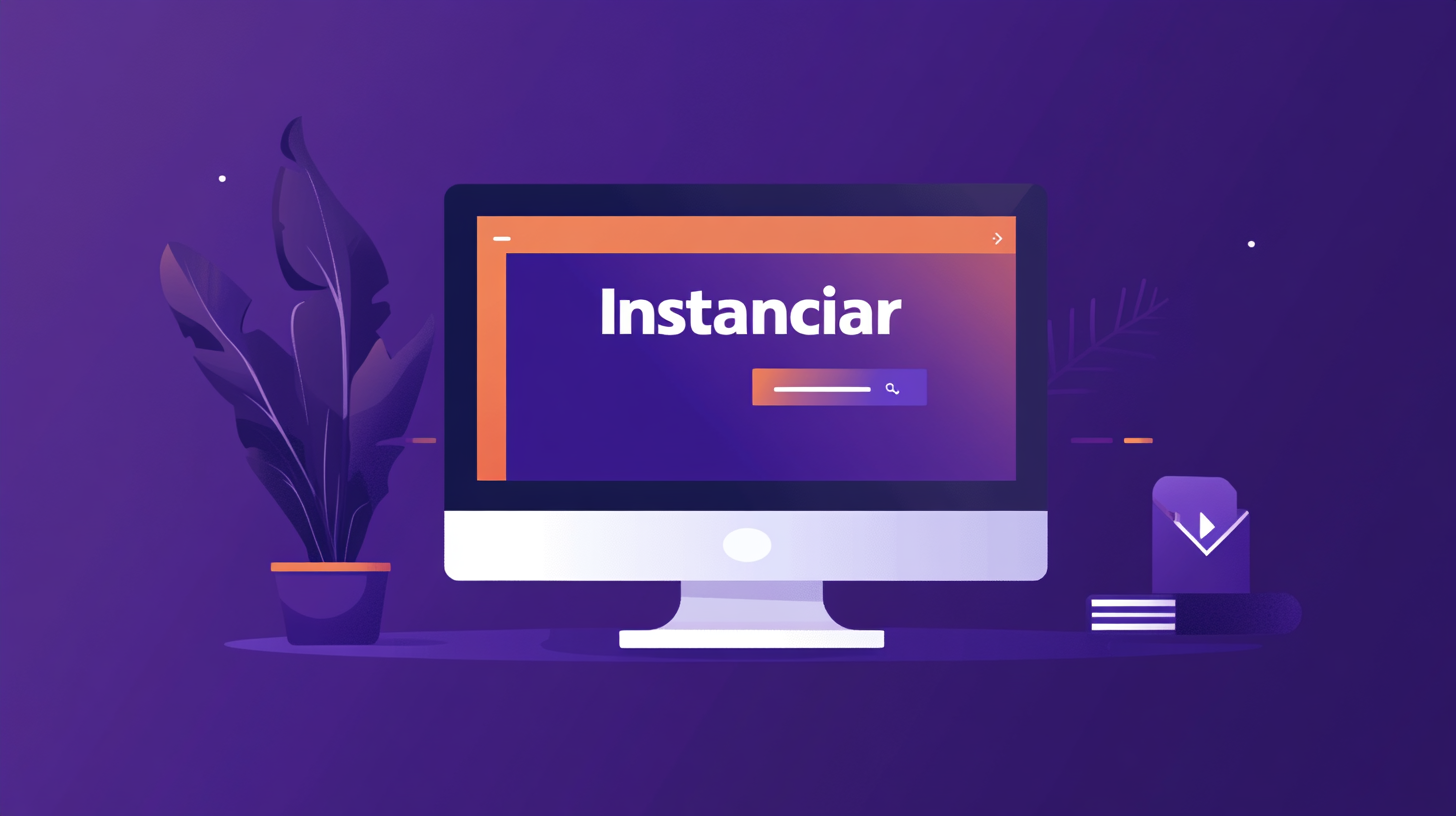Ditch VPNs & Embrace Proxies Instead
For years, VPNs (Virtual Private Networks) have been touted as the go-to solution for online privacy and geo-unblocking. They encrypt all your internet traffic and tunnel it through a remote server, concealing your real IP and location. But while VPNs are undeniably useful in certain scenarios—like public Wi-Fi security—there are compelling reasons to consider a proxy server instead. Below, we’ll explore how proxies can deliver flexibility, speed, and specialized features that might just make you ditch the VPN for good.
1. More Targeted and Flexible Routing
VPN:
Routes all your traffic through a single tunnel. If you turn on a VPN, every connection on every device application is rerouted, whether that’s Netflix streaming, Slack messaging, or a quick check of social media.
Proxy Server:
Lets you direct specific apps or browsers through the proxy. Because proxies typically operate at an application or protocol level, you can configure only your web browser, scraper tool, or torrent client to use the proxy while leaving other traffic alone.
Provides granular control. Want your normal browsing to stay local, but your data-scraping tasks to run via a remote IP in another country? A proxy handles that with ease.
Ideal if you’re only trying to accomplish tasks like web scraping, data mining, or bypassing region-specific blocks for a handful of applications (rather than your entire operating system).
Why it matters: You can keep most of your internet usage at full speed (and normal ping) while only redirecting the activity that needs a different IP or location. This selective routing is especially beneficial if you game online or run bandwidth-heavy applications that are slowed down by VPN encryption.
2. Typically Faster Than VPNs
VPN:
Encrypts all traffic and passes it through a secure tunnel. While encryption is a boon for privacy, it naturally adds overhead—leading to latency and potential slowdowns.
Many popular VPNs also face speed bottlenecks because they push everything through a single server location, or because the server is crowded with other users.
Proxy Server:
Operates more lightly at the application layer (HTTP or SOCKS protocols). Some proxies do minimal or no encryption, meaning less overhead.
If speed is your top priority—like running a high-volume data extraction job—an HTTP or SOCKS proxy can often be faster than a VPN, especially if you choose a local proxy server or a specialized rotating proxy service that balances load across many IPs.
Less system-level encryption means fewer slowdowns, which is perfect for tasks that rely on throughput, such as streaming geo-locked content or scraping websites at scale.
Why it matters: When you rely on speed—e.g., constantly refreshing a website, sending large data payloads, or scraping many pages—shaving off that encryption overhead and “global pipe” approach of a VPN can be a game-changer. Proxies can help maintain near-native browsing speeds.
3. Ideal for Web Scraping and Data Collection
VPN:
Great for general privacy but not built for advanced crawling or rotating IPs.
Using a single VPN server can quickly get blocked if you’re scraping or crawling intensively.
Proxy Server:
Offers rotating IP solutions. Many proxy services provide a pool of residential or datacenter IPs that automatically change with each request or at set intervals.
Minimizes the chance of IP bans because your outgoing IP can vary from one request to the next.
Highly beneficial if you run a web-scraping script or automation tool that needs to avoid anti-bot measures.
Can be configured at the script level. For instance, in Python, you can direct your requests library to a proxy. If you tried to do this with a VPN, you’d have to reroute your entire system.
Why it matters: If your goal is to gather data from multiple websites, compare product prices, or run automated checks, a specialized proxy plan with rotating or dedicated IP addresses is far more efficient than a single exit point provided by a VPN. You won’t run into the “all my traffic is blocked” scenario nearly as often.
4. Greater Choice of IP Types
VPN:
Usually has a limited stable of IP addresses, often shared among hundreds of users. If you’re unlucky, you’ll get “flagged” IPs from known VPN providers that websites recognize and block.
Proxy Server:
Lets you select from multiple proxy types (HTTP, HTTPS, SOCKS5, rotating, dedicated, residential, datacenter, mobile).
Residential proxies appear like typical home broadband connections, making them harder to detect and ban.
Datacenter proxies can be cheaper and still offer speed for less sensitive tasks.
Some providers even give you session control—keeping the same IP for a set time or changing it per request.
Why it matters: A wide variety of IP addresses reduces your digital footprint in the eyes of websites. If the site sees different or more “authentic” IP addresses, it’s more likely to treat you as a legitimate visitor or simply ignore your presence. This customization is rarely available with one-click VPNs.
5. Lower Cost and More Specialized Plans
VPN:
Mainstream VPN services typically focus on consumer-level features: robust encryption, unblocking Netflix, and handling global server lists. If that’s all you need, fine—but you may not be paying for advanced customization.
Often subscription-based, covering all traffic with the same level of encryption and server usage.
Proxy Server:
Pay for what you use. If you only need proxies for certain data scraping tasks, or if you want large volumes of IP addresses for a short project, you can choose specialized plans.
Some proxy providers let you purchase a rotating IP pool by the hour or gigabyte of bandwidth. If you have a short but intense data-mining job, you only pay for that usage—no year-long subscription required.
If you want some encryption, advanced SOCKS5 proxies can encrypt data. So you aren’t necessarily giving up all security, but you can skip overkill encryption where it’s not needed.
Why it matters: Proxies can be surprisingly cost-effective if you know your exact use case. Instead of monthly fees for an entire device’s traffic, you allocate money specifically to the tasks that need anonymity or a different IP location.
6. Simpler to Configure at the App Level
VPN:
Installing a VPN often requires an OS-level client or manual configuration. That means all apps route through it, or you toggle the connection on/off for your whole system.
For partial usage, you might need complex solutions like “split tunneling,” which may or may not be fully supported.
Proxy Server:
Many apps (like web browsers, scraping scripts, or torrent clients) have built-in settings for a proxy. You just enter the proxy’s IP, port, and any authentication credentials.
This keeps your setup lightweight: no extra app running in the background. You only set the app or script you care about to use the proxy.
Why it matters: If your main reason for re-routing traffic is to bypass site restrictions or gather data, you can do it on an app-by-app basis without affecting the rest of your system’s performance or risking global DNS leaks, etc.
7. Adequate Anonymity for Many Use Cases
VPN:
Usually a marketing pitch of “maximum privacy.” But if you’re paying by credit card or your VPN doesn’t support truly no-log policies, you might not be as anonymous as you think.
Also, the bigger, more popular VPNs have known IP ranges that websites can quickly detect as “VPN traffic.”
Proxy Server:
A well-run proxy can be highly anonymous, especially if it’s a rotating residential proxy.
Websites see traffic that looks like typical home broadband addresses. If they see a new address each time, that’s even less suspicious.
If the data or site you’re accessing isn’t highly sensitive, a direct HTTPS proxy can provide enough security while still hiding your real IP.
Some specialized proxy providers log minimal data and allow crypto payments for near-anonymous usage.
Why it matters: For everyday anonymity and bypassing basic geo-blocks or region checks, proxies can be just as effective (or more) than a typical VPN. If you don’t need full-on, system-wide encryption (like in high-risk scenarios), a proxy typically suffices and is simpler to operate.
When a VPN Might Still Be Better
Of course, it’s not all sunshine and rainbows. If your main concern is full-device encryption—for example, protecting all traffic from a public Wi-Fi eavesdropper—a VPN is still superior. Proxies generally don’t encrypt everything at the OS level, and if you want to keep everything from emails to banking data out of prying eyes, a VPN can be more robust. Additionally, if you need a single solution for streaming Netflix in a different country while also protecting your entire device from ISP sniffing, a reputable VPN might be more convenient.
However, if your objective is to:
Perform targeted tasks (scraping, price monitoring, region-limited browsing)
Need advanced IP rotation or a specialized IP type (residential, mobile)
Want minimal overhead and direct control per application
Prefer a pay-as-you-go or specialized subscription approach
… then a proxy server is almost certainly a smarter choice.
Final Thoughts
VPNs serve their purpose for broad, all-encompassing encryption and consumer privacy. But in a world where web scraping, data extraction, ad verification, and region-based content are crucial for many users and businesses, specialized proxies often provide more speed, flexibility, and fine-grained control.
If you’ve been running a VPN and wondering why some sites are blocking you or your scraping tasks are slower than expected, consider ditching the VPN in favor of a proxy server solution. You can scale to hundreds (or thousands) of IPs, pay only for the bandwidth you use, enjoy near-native speeds, and direct only the traffic you need—all while maintaining a sufficient level of anonymity for everyday tasks.
In short:
VPN = Entire device encryption, more overhead, good for public Wi-Fi and general privacy.
Proxy = Per-app usage, rotating IPs, faster performance, specialized tasks (scraping, lead generation, region unlocking).
Make the switch if your use cases align with a proxy’s strengths—your data-collection strategies, online anonymity, and browsing speeds just might thank you.
Follow on Social Media





























